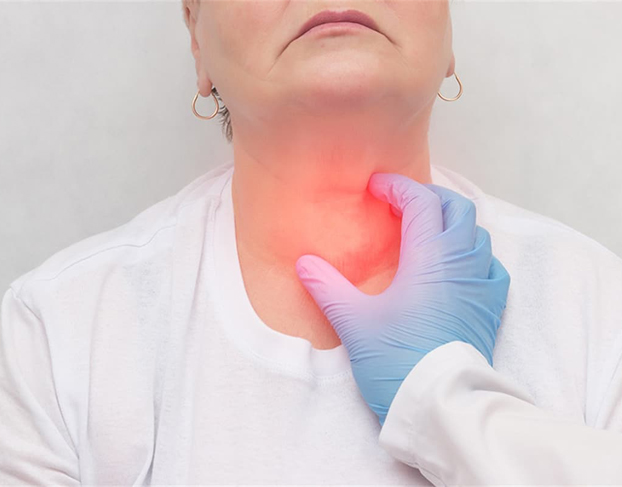Thyroid Surgery
Thyroid surgery is a medical procedure performed to surgically remove or correct the thyroid gland. The thyroid gland is an important endocrine gland in the lower part of the neck that regulates the body’s metabolism. Diseases or problems in the thyroid gland may require thyroid surgery.
Contents
Common reasons for thyroid surgery are:
Thyroid nodules: Abnormal masses or nodules in the thyroid gland may require surgery to determine if they are cancerous and to remove them if necessary.
Thyroid cancer: When thyroid cancer is diagnosed, surgical removal of the thyroid gland is an important step to control or prevent the spread of cancerous cells.



